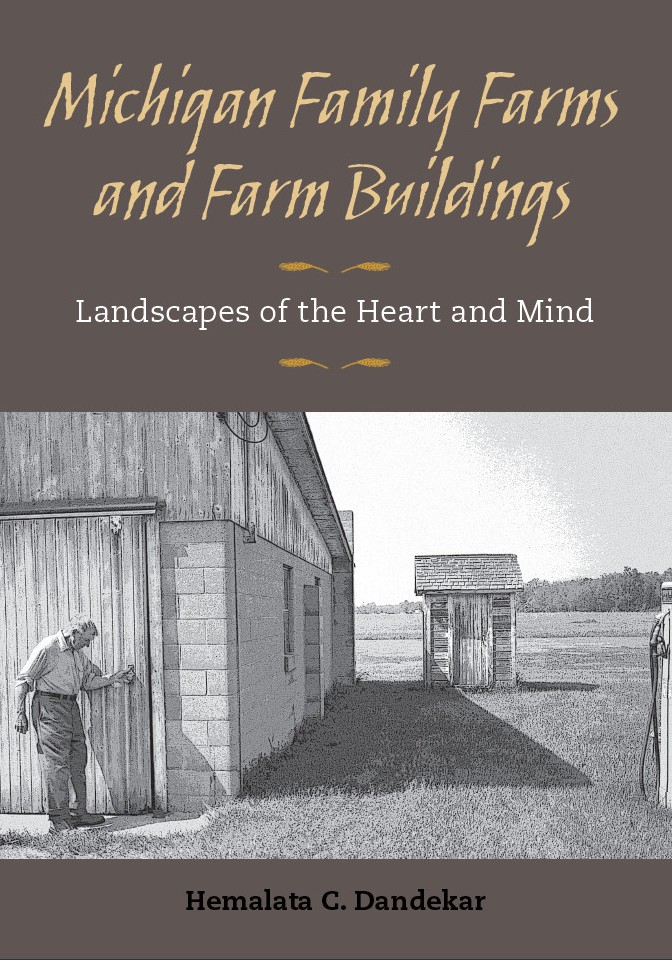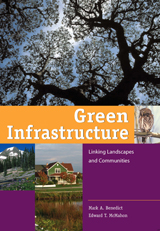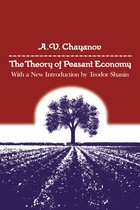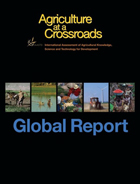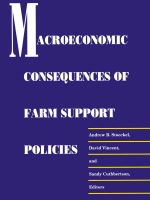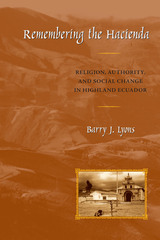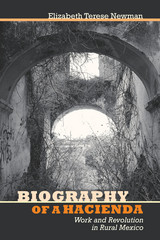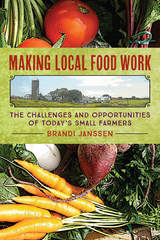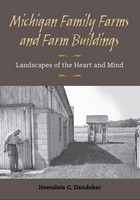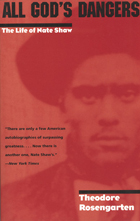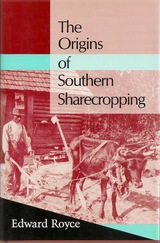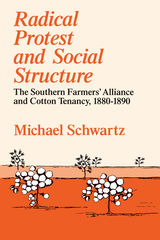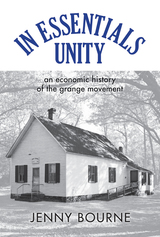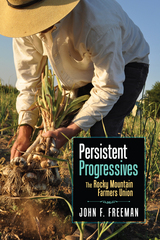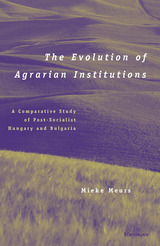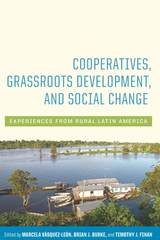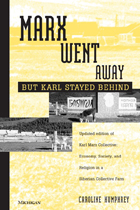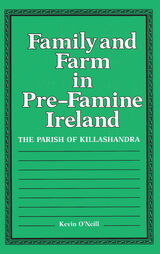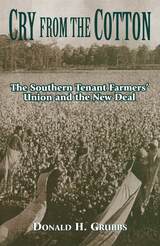Cloth: 978-0-472-07105-0 | Paper: 978-0-472-05105-2 | eISBN: 978-0-472-02703-3
Library of Congress Classification HD1476.U6M54 2010
Dewey Decimal Classification 636.0109774
---Anatole Senkevitch, Jr., Taubman College of Architecture and Urban Planning, University of Michigan
Michigan's family farms form the backbone of the state. One need only see the Centennial Farm signs that dot the sides of the state's country roads to understand that. Hemalata Dandekar shows in her new book just how connected those family farm buildings are to the families that inhabit them.
Fifteen family-farm case studies display farm buildings' relationship to the land they sit on, their function on the farm, the materials they're made with, the farm enterprises themselves, and the families who own them. Photographs, plans, elevations, and sections of typical, exemplary traditional farm buildings show the aesthetic and architectural qualities of those types of buildings across the state.
The ways in which the buildings serve the productive activities of the farm, shelter and nourish the people and livestock, yield a living, and enable the aspirations of farm people are shown in the words and photographs of the farmers themselves. The buildings form a window into the lives of Michigan's family farms and into the hearts and minds of the people who have lived and worked in them their entire lives.
Hemalata C. Dandekar is Department Head of City and Regional Planning at California Polytechnic State University. She specializes in urbanization, urban-rural linkages, rural development, and gender and housing. She developed her love of Michigan farmers and farm architecture during her years as a student and professor at the Urban Planning program of the A. Alfred Taubman College of Architecture and Urban Planning at the University of Michigan. She was Director for the Center for South and Southeast Asian Studies and Associate Vice President for Research at the University of Michigan.
For more photos and drawings documenting these family farm buildings, visit Hemalata Dandekar's website: https://hemalatadandekarbooks.wordpress.com/michigan-family-farms-and-farm-buildings/
See other books on: Agriculture | Architecture | Farm Buildings | Landscapes | Technology & Engineering
See other titles from University of Michigan Press
